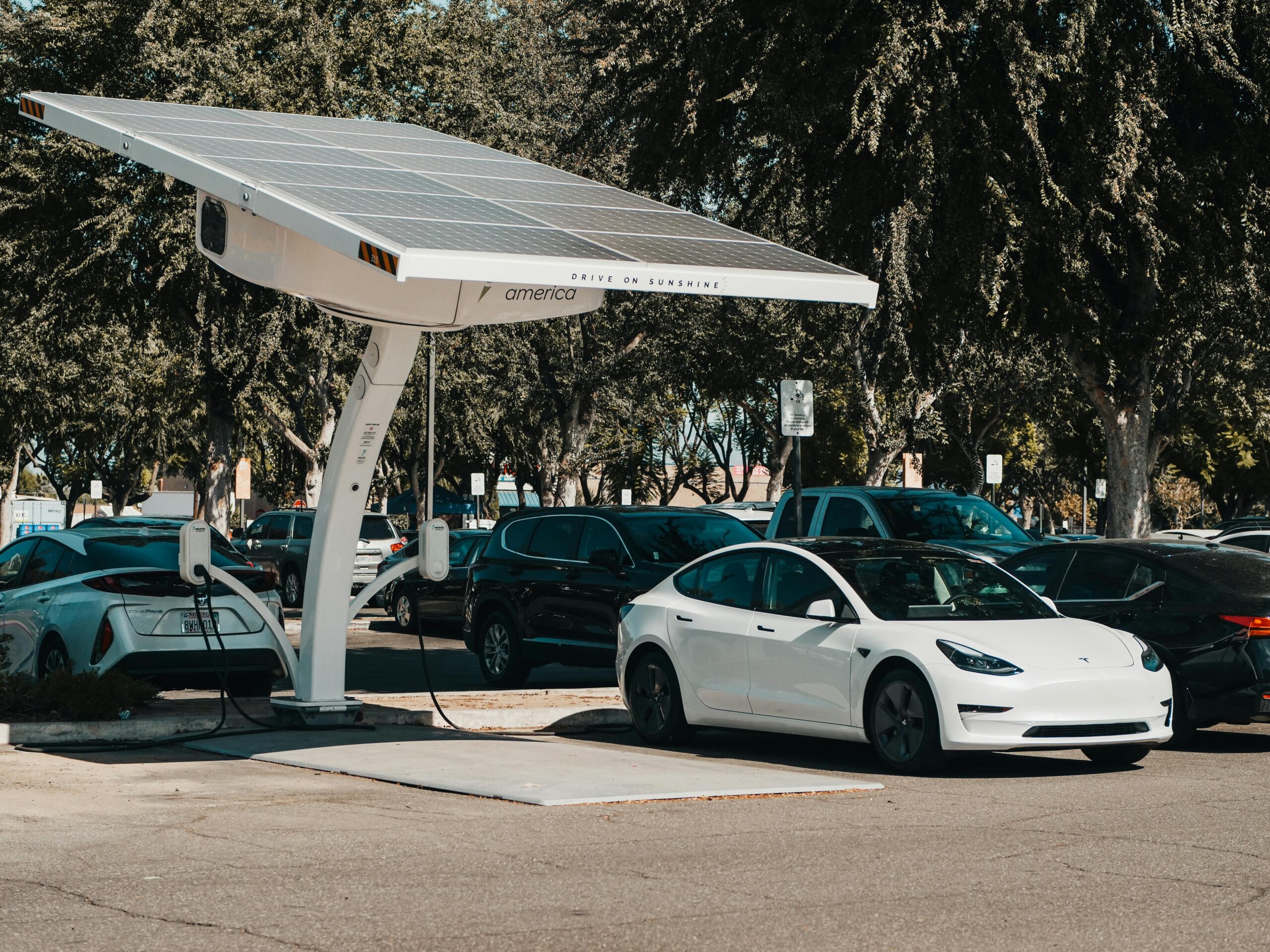With the surge in electric vehicle (EV) adoption, more homeowners are considering installing EV charging stations. How much does the average electric vehicle charging station installation cost in 2024? Let’s delve into the details to provide a clear understanding of what you can expect to pay for this increasingly popular home improvement.
Comprehensive Breakdown of the Average Electric Vehicle Charging Station Installation Cost
Installing an EV charging station at home involves several cost factors, including equipment, installation, and potential upgrades to your electrical system. Here’s a detailed breakdown:
1. National Average Installation Cost: $1,200 to $2,500
- Level 1 Chargers: These are typically included with the EV purchase and can be plugged into a standard 120-volt outlet. Costs for Level 1 chargers are minimal, often around $300 to $600.
- Level 2 Chargers: These chargers require a 240-volt outlet and are faster and more efficient. The average cost for a Level 2 charger installation ranges from $1,200 to $2,500, including equipment and installation.
2. Cost of Equipment: $300 to $800
- Level 1 Chargers: Basic Level 1 chargers cost between $200 to $400.
- Level 2 Chargers: Prices for Level 2 chargers vary, typically ranging from $400 to $800 depending on features and brand.
3. Installation Costs: $800 to $1,700
- Basic Installation: If you already have a suitable 240-volt outlet, installation costs for a Level 2 charger can be as low as $300 to $500.
- Complex Installation: For installations requiring significant electrical upgrades, such as a new breaker or additional wiring, costs can increase to $1,500 to $2,000 or more.
4. Electrical System Upgrades:
- Panel Upgrades: If your home’s electrical panel cannot handle the additional load, upgrading it can cost between $500 to $1,500.
- Wiring Upgrades: Installing new wiring or upgrading existing wiring can add another $300 to $1,000 to the total cost.
5. Cost by Location:
- Urban Areas: In major cities, installation costs can be higher due to increased labor rates and permit fees, adding an additional $200 to $500 to the overall cost.
- Rural Areas: In rural locations, labor costs are typically lower, potentially reducing installation expenses by $100 to $300.
6. Federal and State Incentives:
- Federal Tax Credit: The federal tax credit for EV charger installations can cover up to 30% of the cost, saving you $300 to $750.
- State Rebates: Many states offer rebates that can reduce costs by $100 to $500, depending on the specific program.
7. Long-Term Savings:
- Reduced Fuel Costs: Charging an EV at home can save you $500 to $1,000 per year compared to fueling a gasoline vehicle.
- Increased Home Value: Installing an EV charger can increase your home’s value by $1,000 to $3,000.
8. Installation Type and Cost Comparison:
- Wall-Mounted Units: These are the most common and cost between $1,200 to $2,000 for equipment and installation.
- Pedestal Units: Typically used for outdoor installations, pedestal units are more expensive, ranging from $1,500 to $3,000.
9. Maintenance and Additional Costs:
- Maintenance: EV chargers require minimal maintenance, costing about $50 to $100 per year for inspections and minor repairs.
- Wi-Fi-Enabled Features: Advanced chargers with Wi-Fi connectivity for monitoring and control can add $100 to $300 to the total cost.
10. Budget-Friendly Tips:
- DIY Installation: If you’re handy and have a basic understanding of electrical systems, you might save on installation costs by doing it yourself, though professional installation is recommended for safety and compliance.
- Bundle Deals: Some EV manufacturers offer discounted or free chargers and installation with the purchase of a new vehicle, potentially saving you $500 to $1,000.
Conclusion
The average cost of installing an electric vehicle charging station in 2024 ranges from $1,200 to $2,500, depending on the type of charger and installation complexity. By understanding these costs and exploring available incentives, you can make an informed decision about upgrading your home for EV charging.
Sources for Further Reading:
Knowing the average cost of installing an electric vehicle charging station helps you budget effectively and take advantage of the benefits of owning an EV, ensuring a smooth and cost-efficient transition to sustainable transportation.

